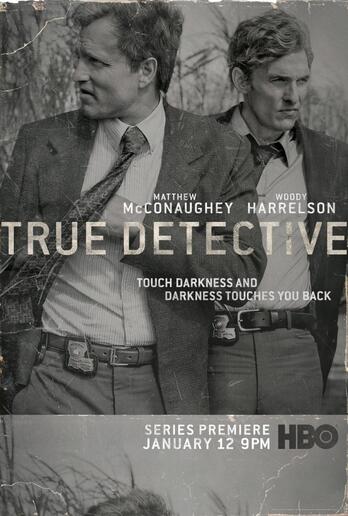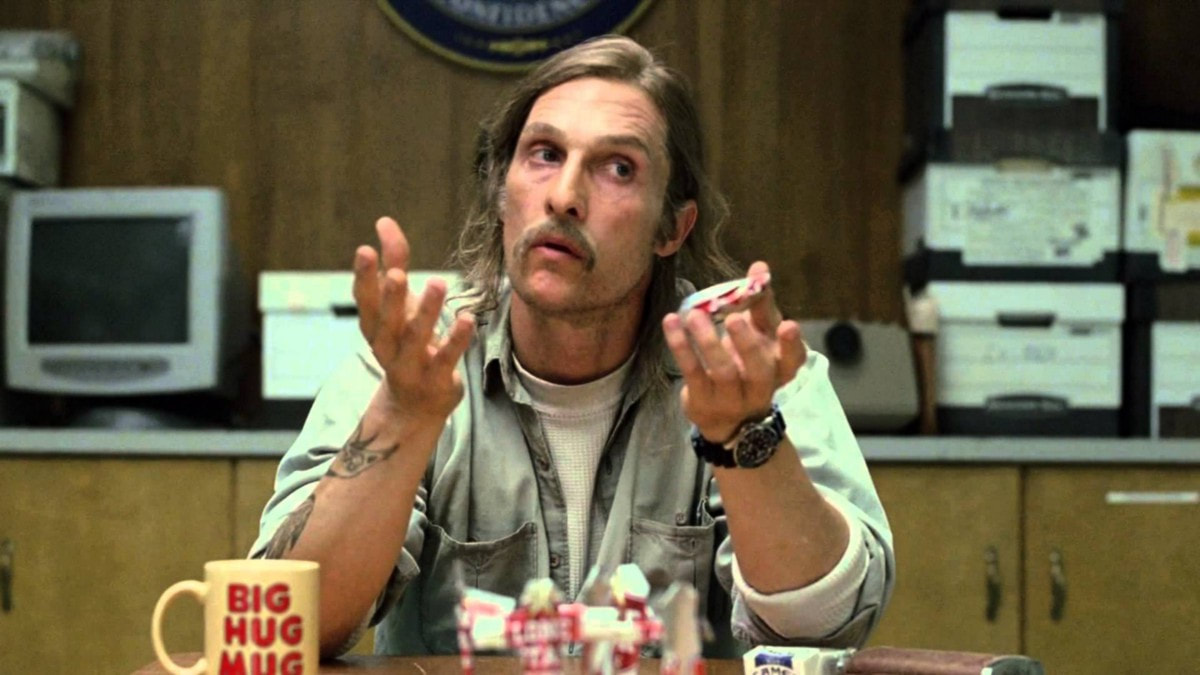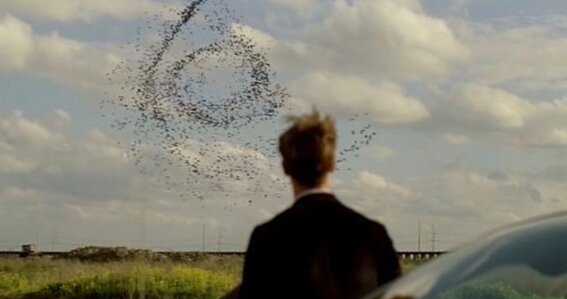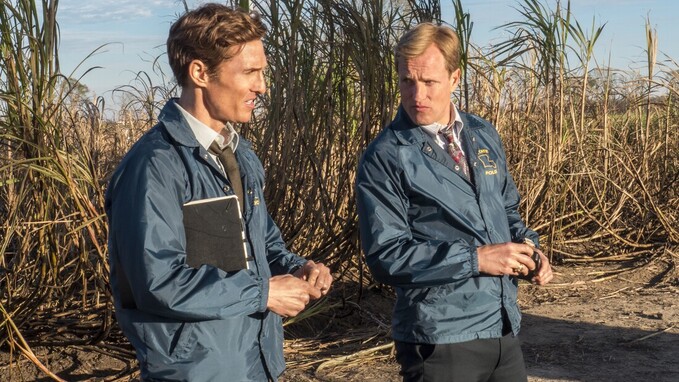“I'd consider myself a realist, alright? But in philosophical terms I'm what's called a pessimist”.- Rust Cohle
Guignon, Charles B., et al. “The Humanism of Existentialism.” Existentialism: Basic Writings, Hackett, 2001.
Benatar, David. Better Never to Have Been: the Harm of Coming into Existence. Clarendon Press, 2013.
Schopenhauer, Arthur, et al. The World as Will and Representation. Cambridge University Press, 2018.
Dawkins, Richard. The Selfish Gene. Oxford University Press, 2016.
“True Detective.” IMDb, IMDb.com, www.imdb.com/title/tt2356777/episodes?season=1.





 RSS Feed
RSS Feed
